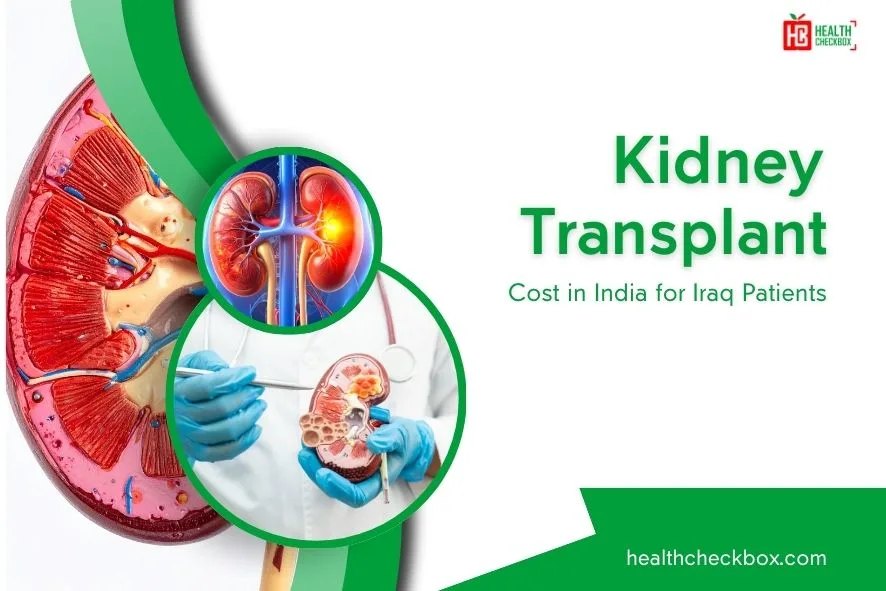RIRS surgery (Retrograde Intrarenal Surgery) is done to remove kidney stones. A urologist accesses the kidney by inserting a flexible instrument called ureteroscope. This helps a doctor to visualize these stones and can easily break them into small pieces by using a laser. The RIRS process is done to remove medium-sized kidney stones from the inner part of the kidney. In such situations, other techniques might be challenging to apply. This kidney stone removal process is very beneficial than other open surgeries because of the many advantages. Less pain and discomfort, recover fast and with less complication.
Benefits of RIRS
It has many advantages and recommended due to the following reasons:
- It is advised for the removal of the stones that are present in the location where the kidney collects urine, or cup-like structure.
- When kidney stones recur or some residual left, then RIRS treatment is also helpful in such conditions. It is also helpful in reducing its symptoms and removing stones.
- Kidney stone whose size is more than 2 cm or may be difficult to extract by using other procedures. Then, it is suggested to remove large and complex kidney stones from a narrow location.
- It is preferred in various conditions where an individual has deformed structure of kidney and ureters. It also gives benefits in cases where the stone removal process gets unsuccessful.
- When other procedures fail, such as PCNL and ESWL, or due to some medical conditions, then this RIRS process is recommended.
Procedure of RIRS Surgery
RIRS is one of the treatment strategies that is used to remove kidney stones. This surgery is performed by following the certain protocol, and these are follows:
Diagnosis
There are some tests that are run by a urologist before starting the surgery. It is done to know about the size and location of stones in the kidney. These are as follows:
- Urinalysis
- Abdominal ultrasound
- Blood tests
- Kidney, ureter, bladder X-ray
- MRI
- Blood Urea Nitrogen test
Before the Procedure
The following things you have to share with your doctor, your family, and medical history, if you are taking any medicines. After conducting medical tests, the urologist will recommend when to start the procedure. You will be also asked to stop smoking and be on an empty stomach for 8 hours before the surgery
During the Procedure
It includes the following steps:
- The surgery starts with giving anaesthesia to the patient.
- A thin and flexible tube is passed from bladder to urethra and ends up in the kidney’s urine storage area.
- This instrument detects the stones in the kidney and with the help of a laser, these are crushed until it become sand form.
- After the extraction, these broken fragments are collected in a basket called a stone basket.
- In some cases, double J stents are placed before or after the procedure. It dilates the ureter to pass the endoscope during the surgery. It is also placed after the RIRS process for one week to 10 days to promote healing.
After the Procedure
Once it is completed, you will be shifted to the recovery room and be kept under observation for up to hours. Your doctor will provide the following tips for faster recovery and avoid complications. These instructions are advised after the RIRS surgery:
- For a few weeks, avoid eating spicy food.
- Drink plenty of water.
- Refrain from heavy physical workouts.
- If any usual symptoms arise, like pain, then you should immediately contact your healthcare provider.
Risk of RIRS Surgery
It may cause some risks, which may vary from person to person. It includes:
- Ureteral perforation
- Bleeding
- Residual stone fragments
- Infection
- Injury tract injury
Cost of RIRS Surgery
It is very important to know the estimated cost of the treatment. In India, different hospitals have their own procedure charges. It can vary from city to city. However, the RIRS surgery will cost you up to INR 1,70,000, this is just an estimated value, which can vary from actual cost.
Latest Health Tips
Kidney Transplant Cost in India for Qatar Patients
Kidney Transplant Cost in India for Bangladesh Patients
Kidney Transplant Cost in India for Oman Patients
Kidney Transplant Cost in India for Kuwait Patients
Kidney Transplant Cost in India for Iraq Patients
Kidney Transplant Cost in India for Bahrain Patients
Kidney Transplant Cost in Fortis Hospital Gurgaon
Top 10 Best Kidney Doctors in India
Submit Your Enquiry
Testimonials



















